Publications
Articles, publications, books, tools and multimedia features from the U.S. Institute of Peace provide the latest news, analysis, research findings, practitioner guides and reports, all related to the conflict zones and issues that are at the center of the Institute’s work to prevent and reduce violent conflict.
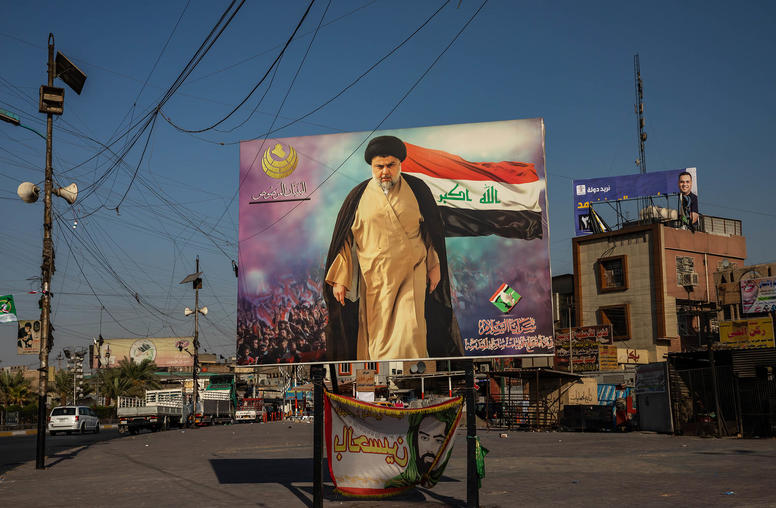
What’s Behind Moqtada al-Sadr’s Bid to Shake up Iraq’s Politics?
Over the weekend, followers of the powerful Iraqi Shia cleric Moqtada al-Sadr stormed and occupied Iraq’s parliament in protest over a rival bloc attempting to form a government. The move comes less than two months after al-Sadr’s bloc in parliament resigned after its failure to form a majoritarian government following its victory in the October 2021 elections. Nearly 10 months after those elections, there is still no new government and the stability of the country is at stake as this showdown between al-Sadr’s supporters and his political rivals continues to play out.
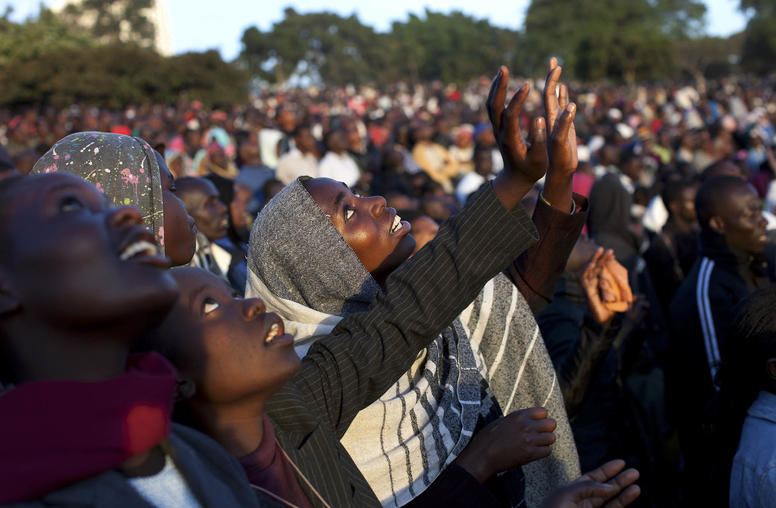
A Kenyan Peacebuilder Explains What’s at Stake in Her Country’s Elections
Kenyans head to the polls on August 9 to vote for president, members of the National Assembly and Senate, and County Leadership for the country’s 47 counties. Elections are an important moment for any country, but the stakes are particularly high ahead for Kenya of Tuesday’s polls. Election violence has been a major issue in previous elections, and there are fears that this vote could spur conflict. Kenya’s next government will face significant challenges. Like many countries in the region, Kenya is suffering from a severe drought, rising debt and inflation, with food prices soaring by 15 percent in the last year. With the largest economy in East Africa, Kenya’s stability is critical for the wider region.
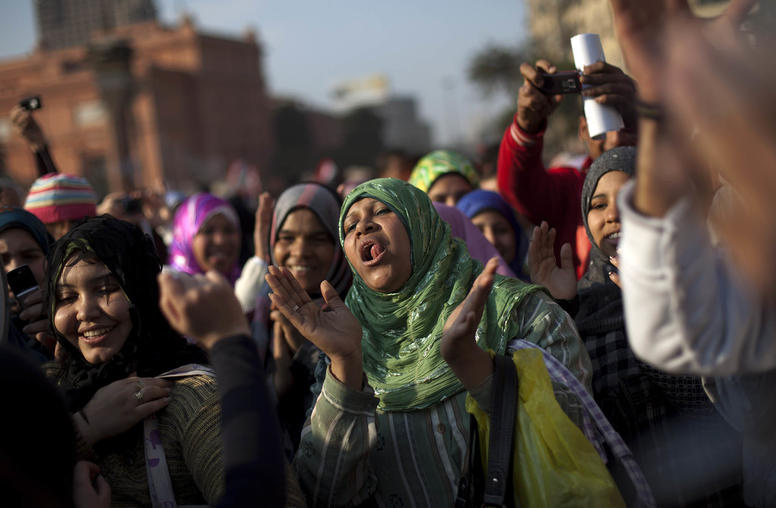
Promoting Peace and Democracy after Nonviolent Action Campaigns
The ouster of Egyptian president Hosni Mubarak in February 2011 was brought about using the tools of nonviolent action, including massive protests and nationwide strikes. Yet the transition that followed showed that initiating change through nonviolent action is no guarantee of a peaceful, smooth path to democracy. This report, based on data on 72 political transitions that occurred between 1945 and 2019, provides key insights into the kinds of mobilization, in terms of tactics and actors, that tend to be most effective in carrying transitions to a democratic outcome.
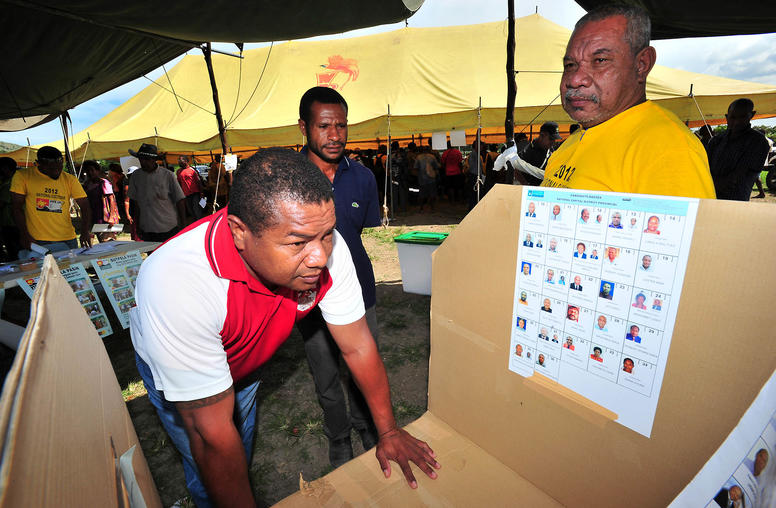
Papua New Guinea: Election Violence Shows Lack of Trust in the State
One of the most incisive works of the prodigious but too little heralded Papua New Guinean writer Steven Winduo is a short story collection titled the “Unpainted Mask.” The book explores how the denizens of the island nation negotiate the everyday travails of modern life, using as its central motif how people wear different masks to view themselves and others. According to Winduo, it is vitally important to discern the public mask, as well as to appreciate what is underneath. Seeing one without the other is a recipe for distorted vision. Winduo’s words don’t just apply to people, but also to the state of Papua New Guinea (PNG) and its institutions.

Elie Abouaoun on Tunisia’s New Constitution
On Monday, Tunisians voted on a new constitution proposed by President Kais Saied that vastly expands the powers of his office. While turnout was low, many Tunisians “support what the president is doing … they are voting based on one specific objective, which is to improve economic and social conditions,” says USIP’s Elie Abouaoun.
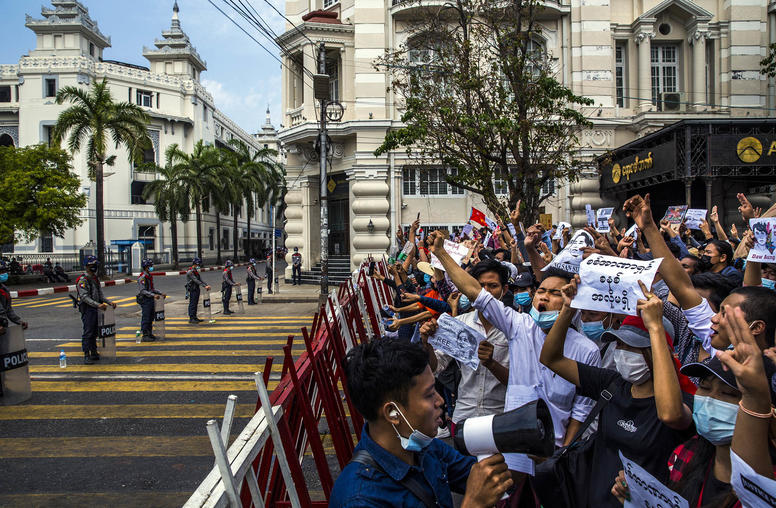
Why Myanmar’s Desperate Generals Executed Prominent Pro-Democracy Figures
From virtually the moment Myanmar’s military overthrew the country’s democratically elected government last year, the generals have faced a popular uprising that they met with escalating brutality. Even so, their decision last week to put to death — by hanging — four high-profile democracy advocates sparked shock and outrage at home and around the world. USIP’s Jason Tower, Priscilla Clapp and Billy Ford discuss what is behind the coup regime’s bloody move and its implications for Myanmar and international efforts to bring peace and democracy to the Southeast Asian country.
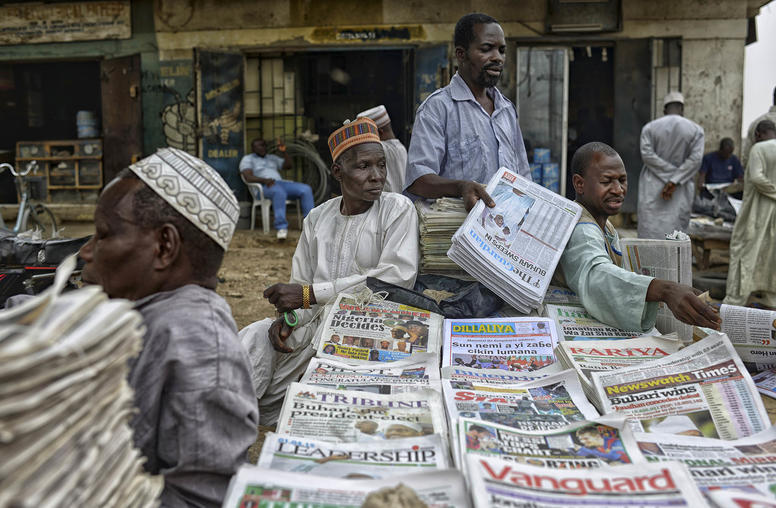
Amid Nigeria’s Turmoil, an Election Could Alter its Democracy
In mid-summer 2022, Nigeria is just seven months away from elections that could strengthen, or set back, its democracy. Good news includes a surge in voter registrations and a wave of civic engagement among young Nigerians who in recent years have often despaired of better governance through elections. Yet dangers loom: risks of electoral violence or disputed election results in a country where political and criminal violence has reached new levels. To help Africa’s most populous nation pivot toward stability — and to indirectly bolster democratization across the continent — the United States and other international partners should provide diplomatic, political and technical support for Nigeria’s electoral authority.
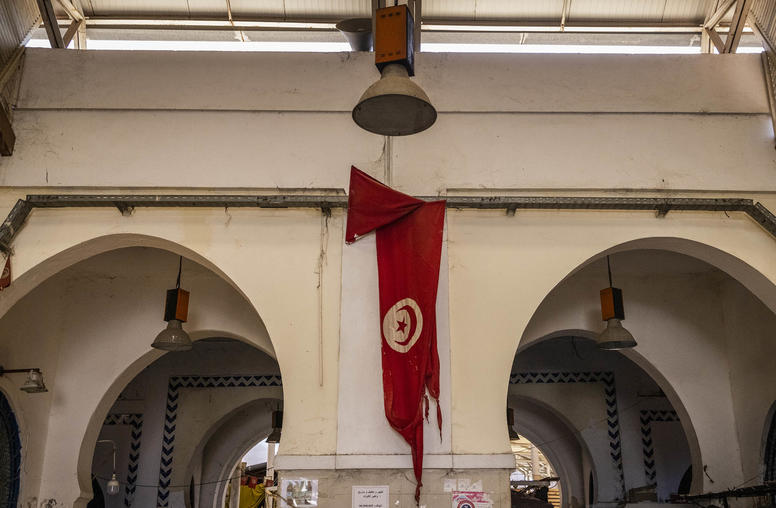
Tunisia’s new constitution expands presidential power. What’s next for its democracy?
A year after Tunisian President Kais Saied began a series of moves that expanded presidential powers, a new constitution further empowering the presidency has been approved by referendum. Amid a dire economic crisis, many Tunisians expressed support for Saied’s moves, as the promise of the 2011 uprising evaporated over the last decade. While the referendum passed with 94 percent of the vote, only 30 percent of Tunisians participated. Once heralded as the sole democratic success of the Arab uprisings, Tunisia’s democratic future trajectory is more uncertain than ever following the constitutional referendum.
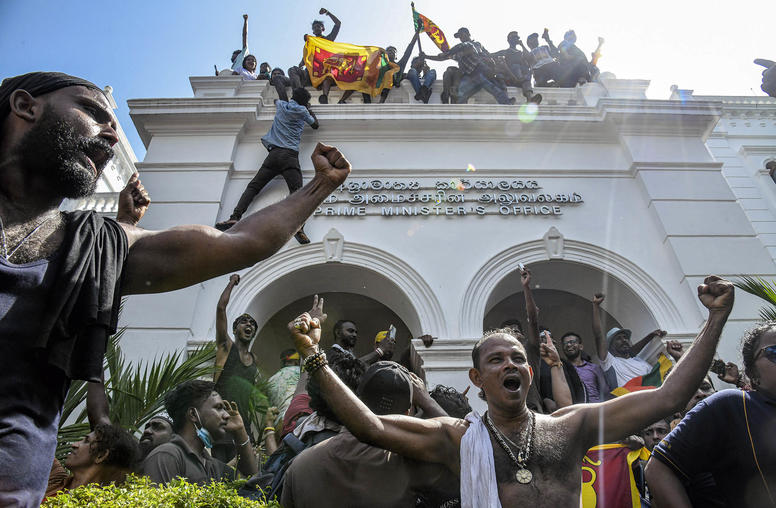
Sri Lanka Teeters on the Brink
Sri Lanka is grappling with its most serious political and economic crises since its independence in 1948. Navigating these interlinked crises will require reforming the South Asian island nation’s constitution to reduce the power of the executive presidency and securing a bailout from the International Monetary Fund (IMF), according to experts.
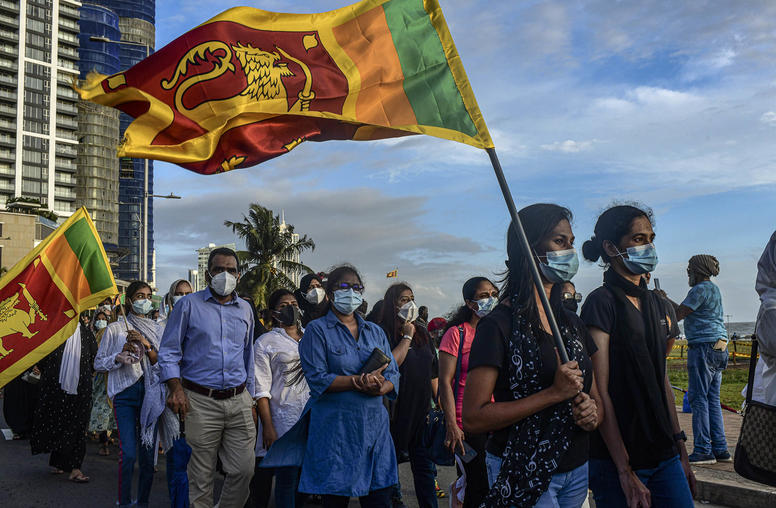
Five Things to Know about Sri Lanka’s Crisis
Following months of escalating protests, and the May resignation of his brother Prime Minister Mahinda Rajapaksa, Sri Lankan President Gotabaya Rajapaksa fled the country on July 13. Sri Lanka’s economy has hit rock bottom as it defaulted on international loans and is facing rampant fuel and food shortages, and the government imposed a state of emergency. Gotabaya’s flight from the country leaves the government in further disarray. How did Sri Lanka get here and what does this political and economic crisis mean for the country and the region?